Dear readers — today's story is about the community response by Jamaican Brummies to Hurrican Melissa. Birmingham has one of the largest Jamaican diasporas in the UK and has been a key node in fundraising efforts for disaster relief. Find out more below.
Christmas is nigh and we’re feeling festive at The Dispatch. It’s been a fantastic, hectic year, so what better way to celebrate than bringing our community together in a beloved local bar and getting them to duke it out for a £100 cash prize?
That’s right; on 18 December, The Dispatch is going to be hosting its very own Christmas quiz! We’ll be taking over the Jewellery Quarter’s Temper and Brown, for an evening of testing your knowledge on everything from music, history, pop culture and — of course — Birmingham.
Tickets are £3 for The Dispatch's paying supporters (use your code) and £4 for free subscribers and non-members (who are extremely welcome to come along). Minimum teams of two and maximum six; the winners will receive £100 in cash. There will also be plenty of time for mingling after the main business of the evening has wrapped up.
Join us from 7.30pm on 18 December for some classic Christmas celebrations.
Hurricane Melissa struck Jamaica with a force that devastated the island nation. Initially, video updates shared on social media were making light of the storm ahead, posting bold statements like, “We’re going to be okay, Jamaica cyaah done!” It’s the kind of spirited defiance we from Birmingham’s Jamaican community are familiar with. The city is home to one of the largest Jamaican diaspora communities in the UK, and is shaped by a history of Caribbean culture and community organising.
Soon, social media had taken on a different function, becoming the only means of connecting to loved ones. When the Category 5 storm made landfall, it swiftly dismantled access to electricity and submerged hundreds of thousands of families and communities in relentless floodwaters. Many of our friends and family spent anxious hours trying to reach relatives, often met with silence.
Saint Elizabeth — Jamaica’s breadbasket — and Westmoreland bore the brunt. Repercussions for food security and rural livelihoods are likely to reverberate for months, if not years. We in the diaspora found ourselves in collective shock.
Danica Perrin, who lives in Wolverhampton, tells of a “harrowing voice note” she received from her cousin, Jah Fucha, in Claremont, Hanover parish. “The roar of the wind at times drowned out his voice, but his message was clear: ‘There is no food, there is no shelter. People are crying, and children are homeless. People are on the streets sleeping, and rain is falling.’”
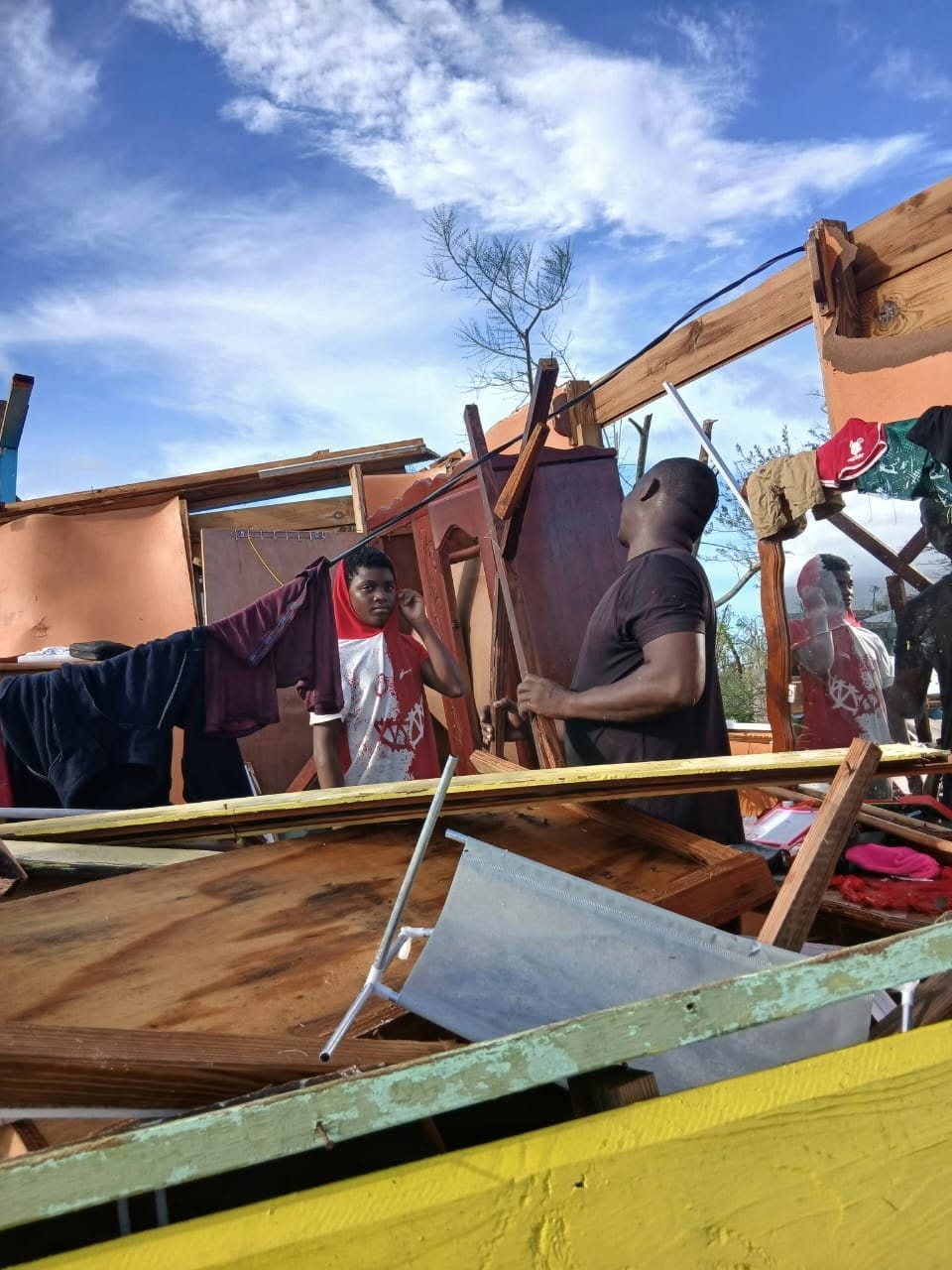
Jah often fought to speak over the howling of the wind. “‘You have a lot of bodies piled up in their houses,’” Danica heard him saying. “‘Dead bodies. People get trapped in by the wind and the debris. The zinc is blowing. People got cut up.’”
Relief came in fragments and sometimes the only news of safety arrived thanks to local neighbours, a testament to the resilience and support that so often fills the void left when official responses fall short.
“Many hands make light work”
In the storm’s aftermath, Jamaicans who had lost everything were already mobilising to rebuild their homes and districts. One woman being interviewed said, “Rich or poor, we are all in the same predicament.” Her hope felt warm, but the scenes were heartbreaking. Entire areas had been flattened and countless people displaced.
Great Barr resident Carol Hodgson says her nephew Daimon, his wife and their three children in Westmoreland, at the western end of the island, saw their wooden home destroyed, reduced to a concrete floor. “It was devastating for them,” she says. “They thought they had everything pinned down, but who can outpace an 185mph storm?”
Carol’s relatives didn’t receive fresh water or aid until 6 November — nine days after the storm hit. Now, “he’ll need to build a stone or brick house, but to get the materials and the cost of it is beyond people with the economy there. They're young, trying to get a life together for themselves and their kids.” Currently Daimon is clearing roads for no pay in Saint Elizabeth parish, trying to make them passable, while his wife takes responsibility for their young children.
Carol, who last visited her nephew when she turned 60 in July, tells us that when the disaster struck, it was “just desperate.” She started a GoFundMe fundraiser which her bosses allowed her to share on the company Facebook page. She found a warm response from friends and mutuals, raising £700 in the first day. She has since also got involved in a campaign with Birmingham Literary Centre to send a barrel of items to Jamaica as hurricane relief.
Across Birmingham, mobilisation began before the winds had stopped. As one local organiser put it, “the level of damage is so devastating, we had no choice but to act.” The Legacy Centre of Excellence in Aston, previously the Drum, hosted a town hall to steer the community response, reputed to be the largest black-owned arts and business centre in Europe.
Legacy COE has decided to dedicate its annual Roots Festival on Saturday 15 November to a fundraiser for hurricane relief and recovery efforts, with 50% of the proceeds of ticket sales going to Jamaica. “It's about history, culture, roots and music, so we thought let's make it for Melissa,” says the Centre's head of programming, Nana Akua Serwaa Asantewaa.
Legacy COE has set up a drop-off point for donations and, after the hurricane, signed up about 20 new volunteers. Nana Akua estimates about 50% of staff have relatives affected by the hurricane. “People are helping because it's literally their home.” At its peak, she says, “we were so ram-packed, they literally couldn't move in that room.” West Bromwich-based Caribbean specialist freight company JLB Shipping, was also filled with volunteers packing aid for shipment.
For some elders, it was a moving scene, with the scale of response recalling the organising spirit of the 1970s,with families practicing traditional acts of care, by preparing barrels for shipment to relatives with essential items. Journalist Nadine White’s film Barrel Children documents how barrels have long connected families separated by migration.
Welcome to The Dispatch. We’re Birmingham's new newspaper, delivered entirely by email. Sign up to our mailing list and get two totally free editions of The Dispatch every week: a Monday briefing, full of everything you need to know about that’s going on in the city; and an in-depth weekend piece like the one you're currently reading.
No ads, no gimmicks: just click the button below and get our unique brand of local journalism straight to your inbox.
Up until the late 1990s Caribbean communities tended to be concentrated in Birmingham in areas like Aston and Handsworth, and attended familiar churches, and places for social gatherings. Gentrification, racism and displacement has thinned that social infrastructure. The community is now more widely dispersed across the city and with events like the original Handsworth Carnival and Marcus Garvey Day celebrations no longer taking place, we have lost many of the cultural spaces that once kept us connected.
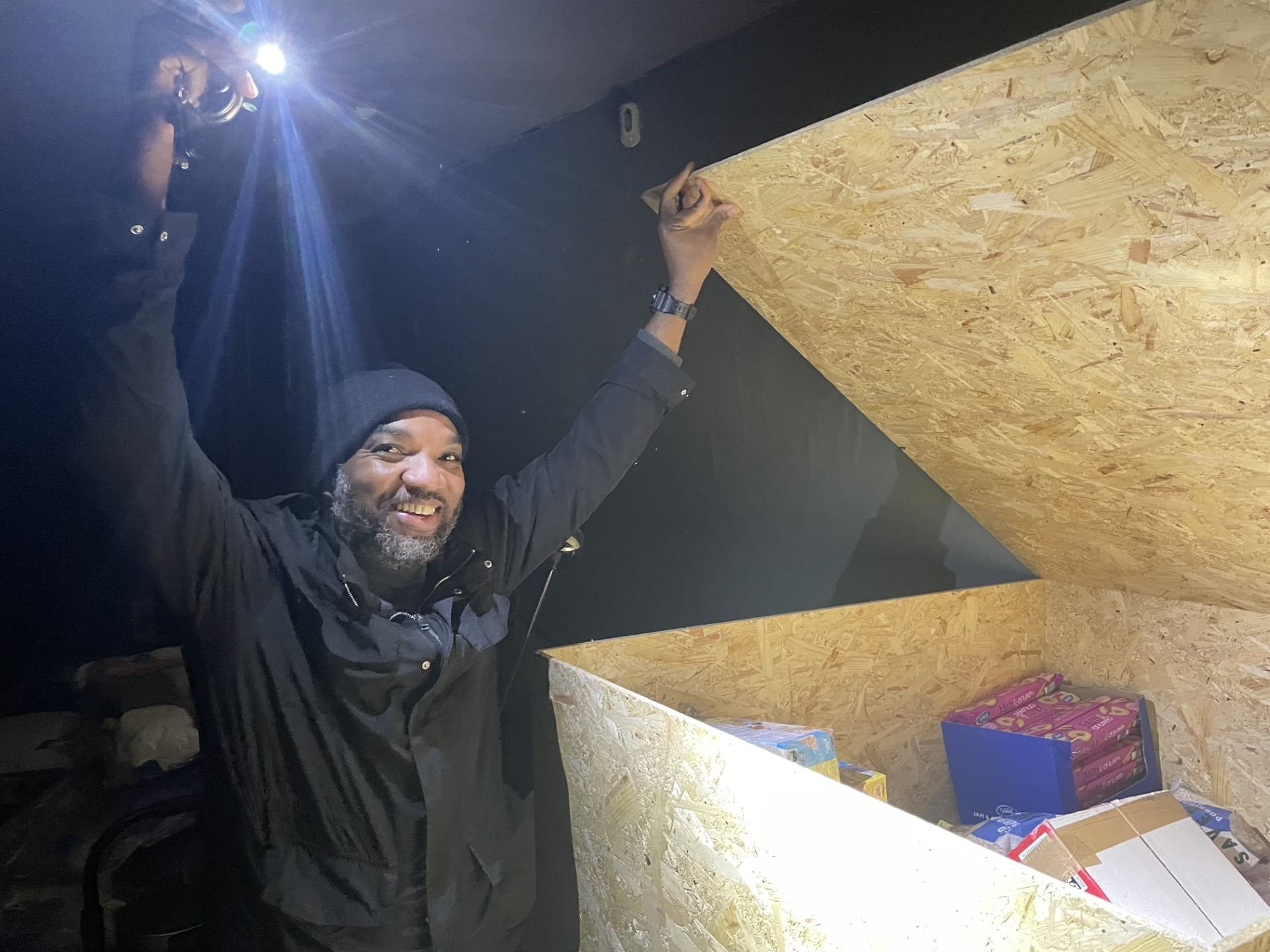
Yet Hurricane Melissa has reignited a powerful sense of solidarity. Social media has lit up with WhatsApp groups circulating donation drives, emergency meetings, radio station contacts, and missing-person posts. People have reconnected after years apart; strangers are discovering they share relatives through missing-person networks.
Some, like Winston Gayle, have set up donation points for food and clothes: Winston’s is in a friend's lock-up next door to his Caribbean takeaway on Soho Hill, ready to send to Jamaica. But he will also be going out personally in January to distribute 250 aid packs to hurricane victims. “I'm trying to deal with it myself. I want to manage it and do it,” he explains. Winston’s partner Daniah had started making a poster for an appeal while the hurricane was raging. "When customers come in, we make it our duty to ask for a small donation," Daniah says.
Paying the highest price?
Many of us have been trying to make sense of the climate crisis and have felt a growing dread knowing this hurricane was stronger than anything Jamaica had seen in living memory.
In her book It’s Not That Radical: Climate Action to Transform Our World, British-Jamaican climate author Mikaela Loach reminds us that storms like Melissa are not freak accidents. Fossil fuel companies predicted the impact of emissions on tropical countries decades ago. Jamaica did not cause this crisis, yet Jamaicans and other Caribbean people are now paying the highest price. Loach has been vocal about this in interviews following the storm, stating that hurricanes should be renamed after oil company CEOs so the destruction is attributed to those who fuel it.
Warwick University-based Senior Campaigner at War on Want, Dr Leon Sealey-Huggins, currently like Loach at the COP summit, told us “There’s unequivocal evidence that storms are becoming more intense as the climate warms." He adds: “Intensity doesn't necessarily entail greater harm. The reason it is more impactful is if resources to provide shelter and support aren't available - because of Caribbean countries' position near the bottom of the hierarchy in terms of economy."
“Wi likkle but wi tallawah!”
The storm isn’t over — not for Jamaica, nor for the diaspora in Birmingham. The impact of Hurricane Melissa has sparked a powerful response and opened a deeper conversation about what it means to be Jamaican in Birmingham. Our parents and grandparents built a community in this city out of necessity, and we need to rethink what “community” looks like across generations, across the global diaspora and across the climate crisis. In the light of recent racially motivated attacks, the collective effort has felt particularly powerful.
Dr Sealey-Huggins notes admiringly how “communities of the diaspora routinely send money and support communities back home that way, irrespective of any disaster.” On a hot topic at COP, he says, “the campaign for climate reparations managed to secure a loss and damage fund a few years ago. But there's a few million in it - Jamaica needs at least $7 billion to recover from Melissa.”
Carol Hodgson fears people are quickly forgetting about Jamaica as attention has now shifted to Typhoon Fung-wong in the Philippines and other events. The UK could acknowledge what it owes to Jamaicans in their hour of need, she says. “With the Windrush generation, we brought so much to England.”
This is our story of survival, solidarity, and the ongoing fight for justice in the face of multiple crises in Birmingham and back home. The Jamaican spirit of “Wi likkle but wi tallawah” — small but mighty — remains our guide. The question now is not only how we rebuild Jamaica, but how we rebuild a visible community here in Birmingham, keeping these bonds strong, beyond the storm. “Six-time fall, seven you rise,” says Jamaican-American musician Tarrus Riley in his song, “Proverbs.” We have to stay persistent, in these hard times.
Additional reporting by Josh Neicho and Danica Perrin
If someone forwarded you this newsletter, click here to sign up to get quality local journalism in your inbox.
If you’d like to sponsor editions of The Dispatch and reach over 25,000 readers, you can contact us or visit our advertising page below for more information


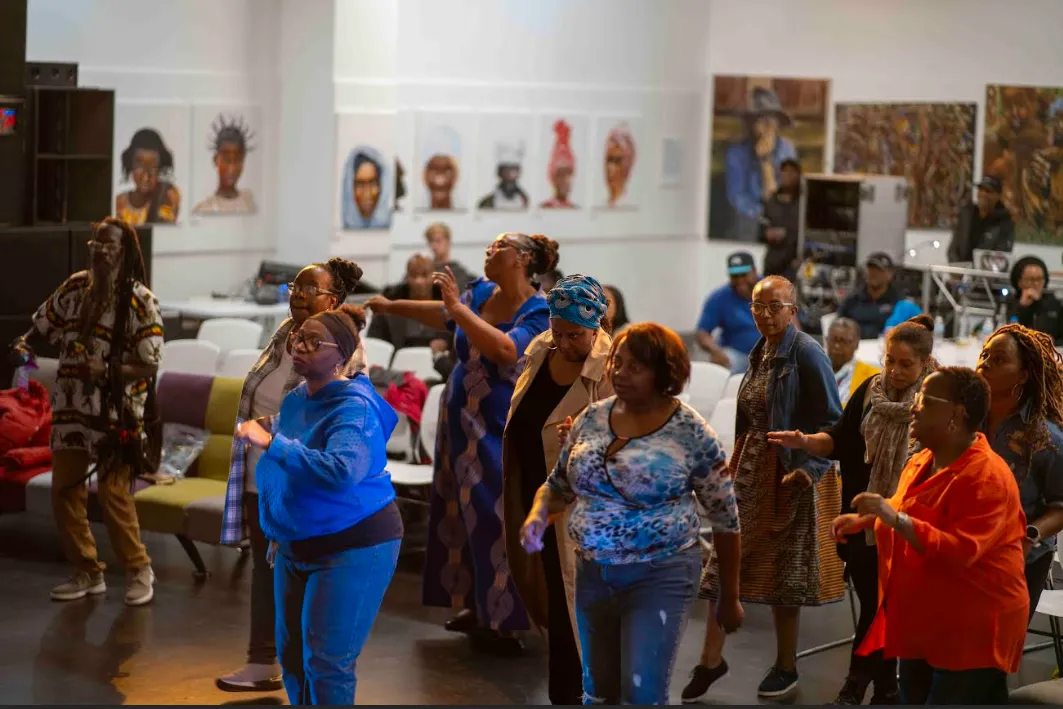
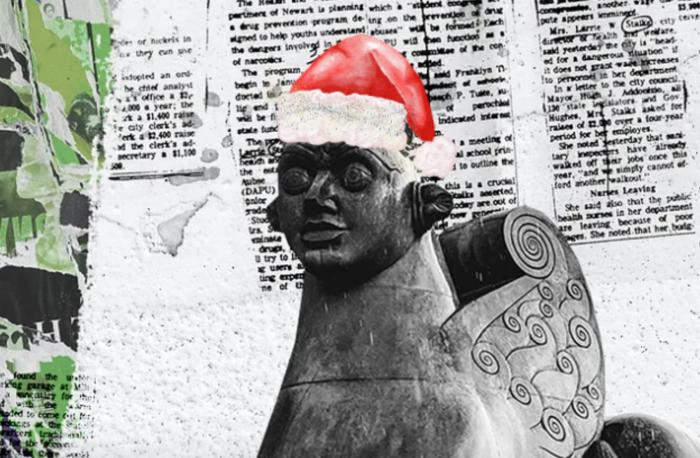
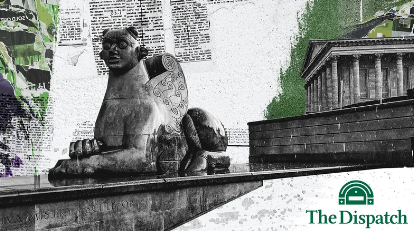
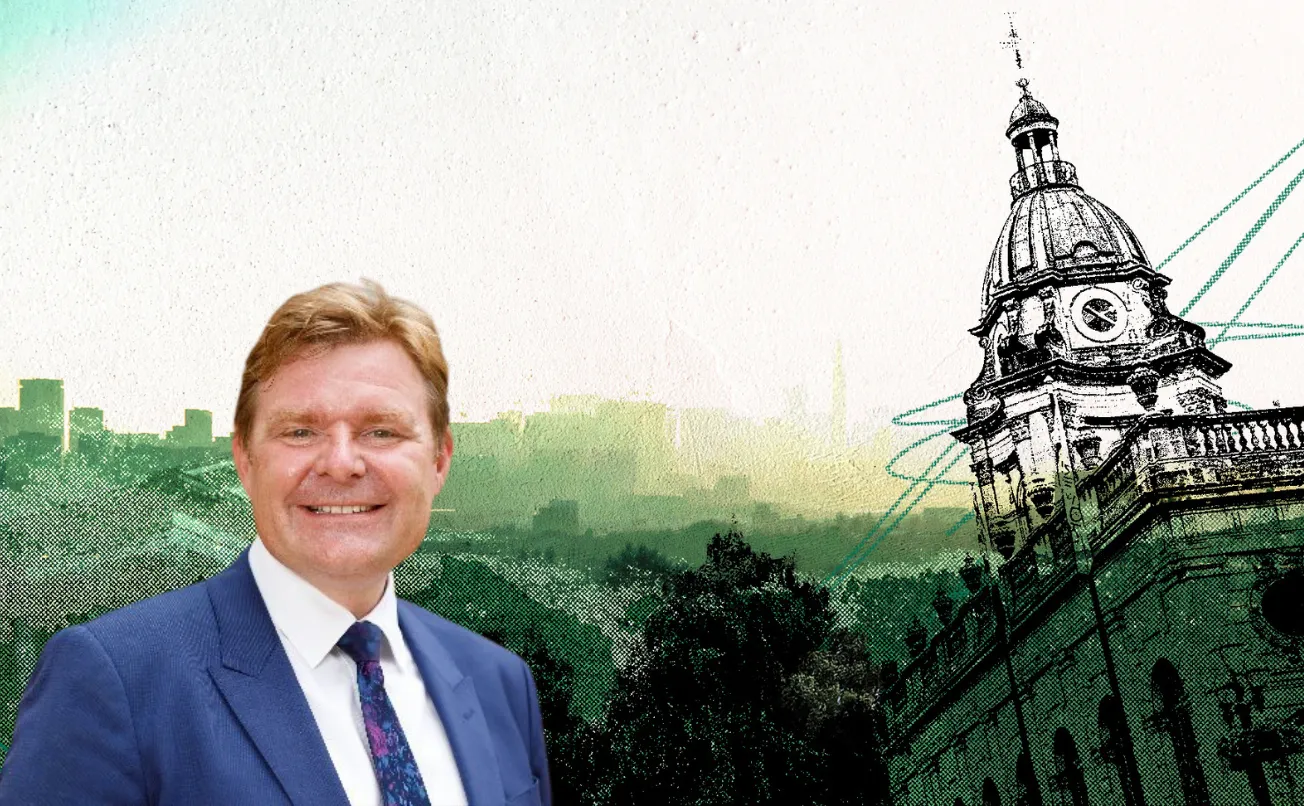
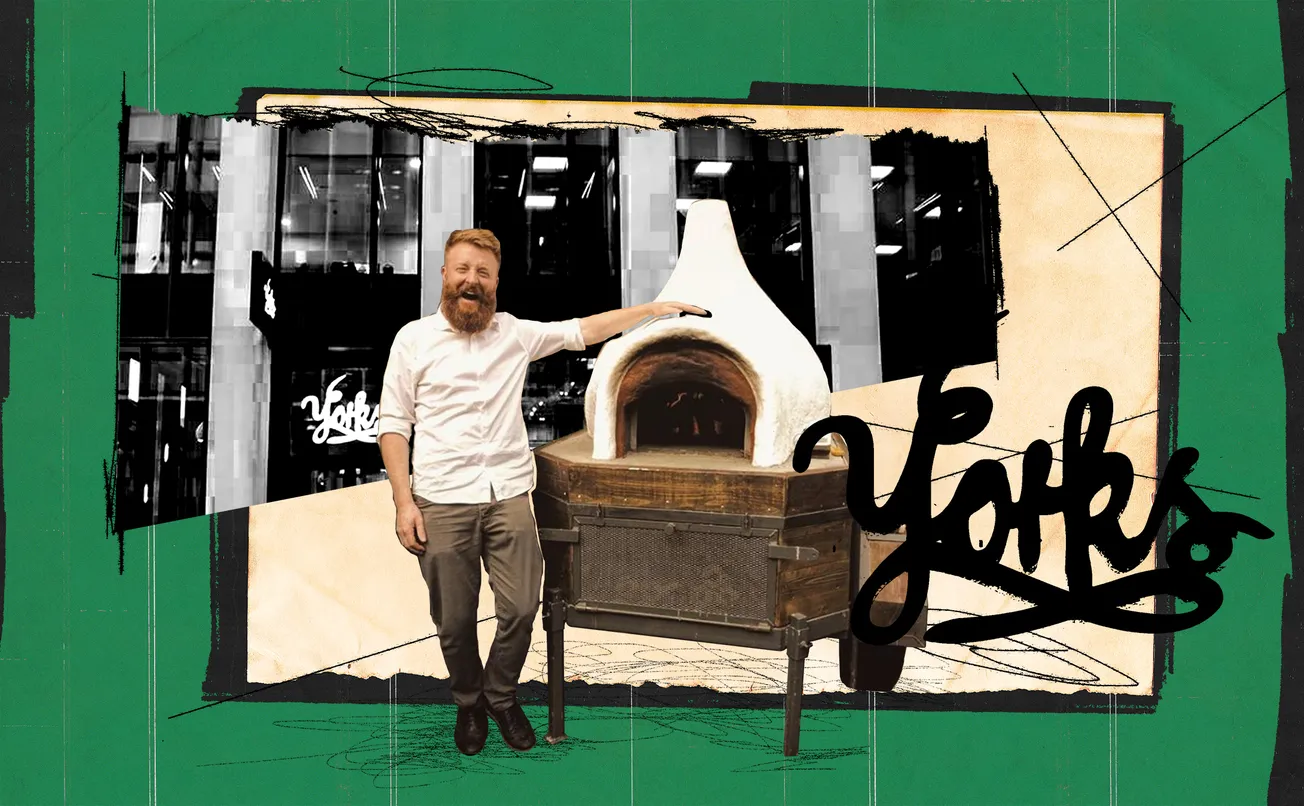
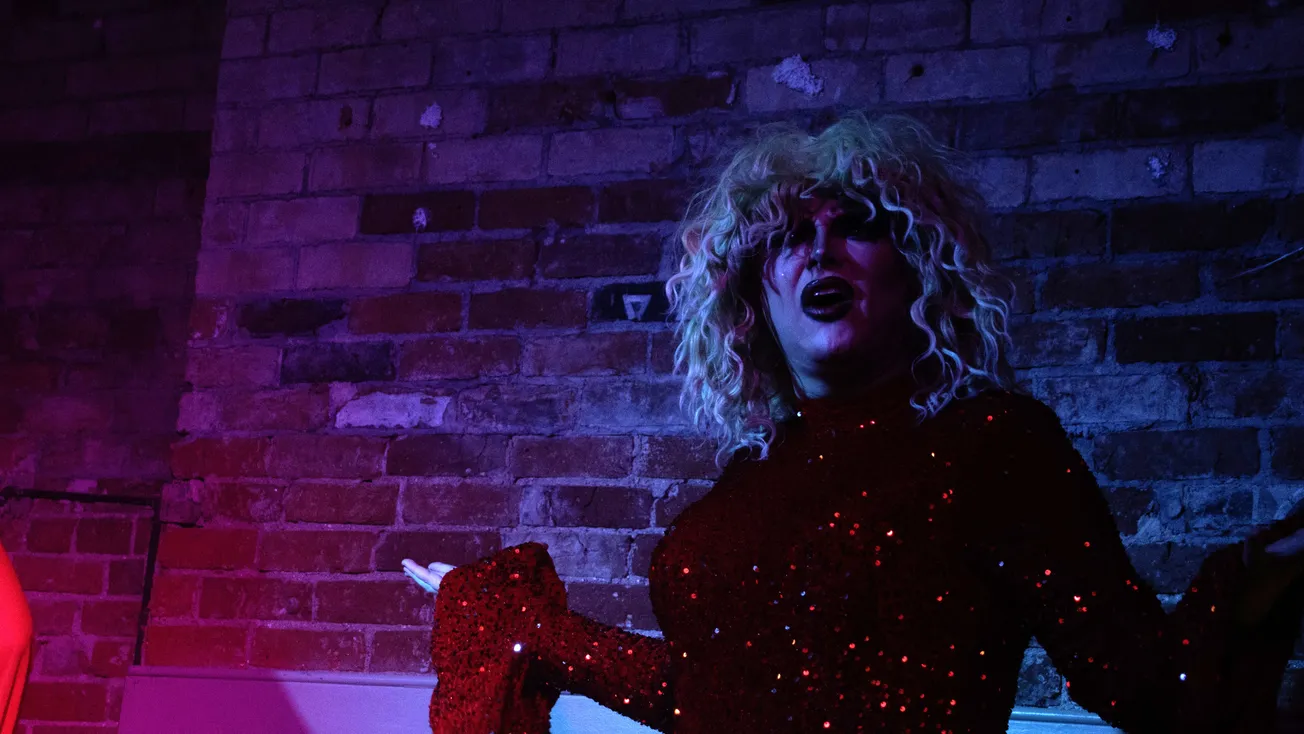
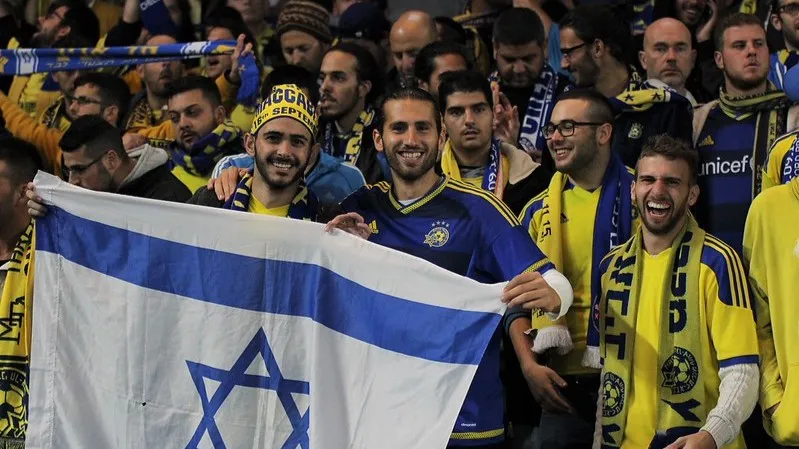

Comments